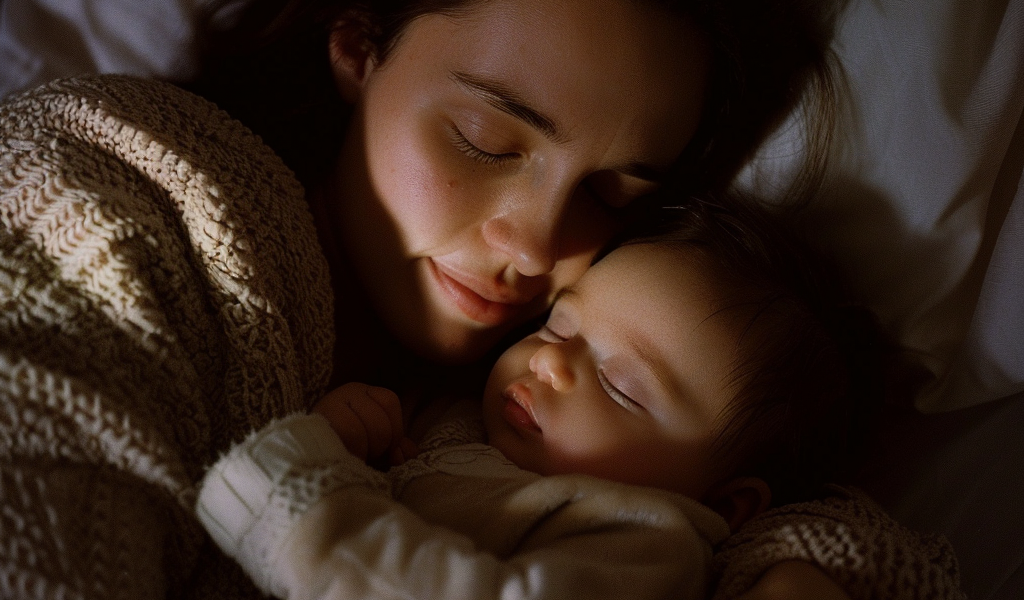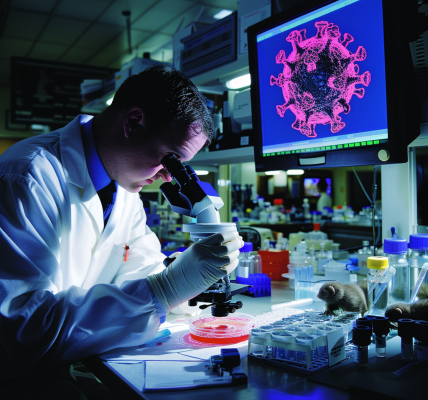During the COVID-19 pandemic, lockdowns led to changes in newborn babies that may have protected them against allergies, a study has found. Infants raised during this period were discovered to have more beneficial microbes acquired from their mothers, which could act as a defense against disease.
The study, conducted by Irish researchers, revealed that ‘pandemic babies’ had lower than expected rates of allergic conditions, such as food allergies, compared to babies born before the COVID-19 pandemic. The findings, published in the journal Allergy, highlighted the gut health benefits for the youngsters as a result of the COVID-19 lockdowns, including lower rates of infection, reduced antibiotic use, and increased duration of breastfeeding.
The microbiome, the ecosystem of naturally-occurring bacteria in the gut, plays an essential role in human health. The researchers analyzed fecal samples from 351 babies born in the first three months of the pandemic and compared them with a pre-pandemic group. Online questionnaires were used to collect information on diet, home environment, and health. Stool samples were collected at six, 12, and 24 months, and allergy testing was performed at 12 and 24 months.
The study highlighted significant differences in the microbiome development of babies born during lockdown periods compared to pre-pandemic babies. Only about 5% of the lockdown babies had developed a food allergy at age one, compared to 22.8% in the pre-COVID group. Fewer infections due to reduced exposure to germs also led to a decreased need for antibiotics, which kill beneficial bacteria. In the lockdown babies, only 17% needed an antibiotic by the age of one, while in the pre-pandemic group, 80% of infants had taken antibiotics by 12 months.
Professor Jonathan Hourihane, consultant pediatrician at Children’s Health Ireland Temple Street and joint senior author of the research, commented, ‘This study offers a new perspective on the impact of social isolation in early life on the gut microbiome.’ The study sheds light on the potential long-term health benefits for ‘pandemic babies’ due to the changes in their gut ecosystem during the COVID-19 lockdowns.





